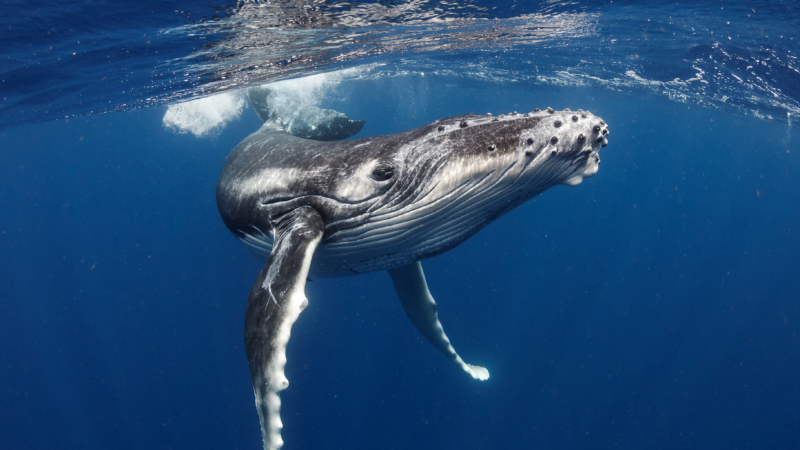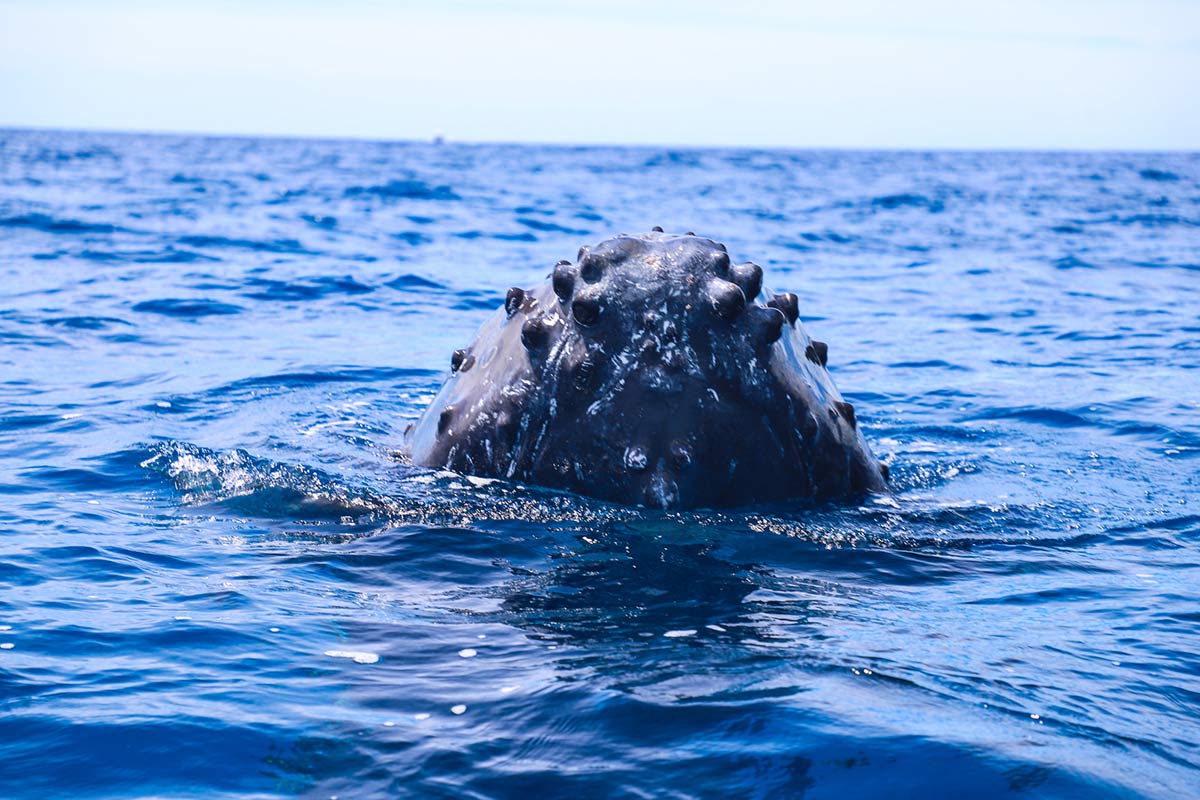Short Answer: No
Most whales do not drown when they die, as they are adapted to living underwater and are able to hold their breath for extended periods. However, some whales may die from suffocation if trapped or entangled in fishing gear or other objects, preventing them from surfacing to breathe.
Introduction to Whales and Their Vulnerabilities
Whales are magnificent creatures and among the largest mammals in the world. They inhabit all major oceans and face threats that can lead to their deaths. These threats include natural causes, human activities, and environmental factors.
If you’re fascinated by these gentle giants and want to experience them up close, consider joining our Whale & You; Waikiki Whale Watching Tour. Witness the breathtaking sight of humpback whales breaching and tail-slapping against the backdrop of Hawaii’s stunning ocean scenery. It’s an unforgettable adventure for marine life enthusiasts and nature lovers alike.
Common Causes of Whale Deaths
1. Natural Causes
Whales can die from diseases or old age. As they age, they become more susceptible to health problems, which can be fatal if they cannot find enough food or sustain themselves.
2. Predation and Early Life Risks
- Infancy and Predation:
Young whales are especially vulnerable to predators like sharks and other marine mammals. - Separation from Mothers:
Calves that become separated from their mothers risk starvation or other dangers.
3. Human Activities
- Fishing Entanglement:
Whales often become entangled in fishing nets and other gear, which can cause injury or death. - Pollution:
Pollution leads to health issues like respiratory problems and diseases. - Hunting:
Over the years, some whale species have been hunted nearly to extinction.

The Life Stages of Whales
1. Infancy
Whales are born as small, helpless calves entirely dependent on their mothers. They grow rapidly within the first few months of life.
2. Adolescence
As they grow, young whales become more adventurous, exploring their environment and learning survival skills.
3. Adulthood
In adulthood, whales reach full maturity and can mate to produce offspring. Some species can live for over 100 years, with the oldest recorded being a bowhead whale aged over 200 years.
What Happens When Whales Die?
1. Natural Recycling in the Deep Sea
When whales die, their bodies usually sink to the ocean floor, becoming a vital part of the deep-sea ecosystem. The decomposition process provides nutrients for scavengers like hagfish and sleeper sharks.
2. Environmental Impacts of Whale Carcasses
If a whale carcass washes ashore, it can pose health hazards and attract scavengers, disrupting local ecosystems.
Why Protecting Whales Matters
Whales are critical to the health of ocean ecosystems and our planet. Despite their strength and adaptability, they face numerous threats. Their deaths, while often part of nature, can have ecological consequences.
For a chance to observe these majestic creatures in their natural habitat and learn more about their behavior, join our Whale Watching Waikiki Tour. As a Certified Sustainable Tour Operator recognized by the Sustainable Tourism Association of Hawaii, we are committed to protecting marine life and minimizing our impact on Hawaii’s delicate ecosystems.
Conclusion
Whales are extraordinary creatures with lifespans that can stretch for decades or even centuries. Protecting them from threats like entanglement, pollution, and habitat destruction is crucial for ensuring their survival and maintaining the health of the oceans they inhabit. By understanding the life stages of whales and their vulnerabilities, we can take meaningful steps toward their conservation.












